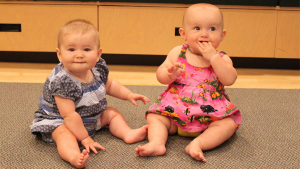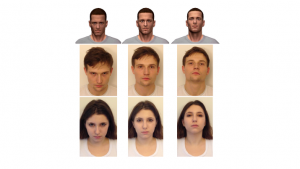Q&A with psychology alumna and science journalist Ziya Tong
Ziya Tong believes “what we really need now is people who can bridge the arts and science divide. We need more polymaths!”
How to make carbon pricing more palatable to air travellers
Travellers are willing to pay a little more for flights if they know the extra money will be used to address carbon emissions, new research shows.
Climate explained: Why are climate change skeptics often right-wing conservatives?
UBC Psychology researchers on why climate change skeptics are often right-wing conservatives and what is driving the partisan divide.
UBC Psychology – Statement of Support for the Global Climate Strike
The Department of Psychology recognizes the immediate need for action to combat climate change. We support the Global Climate Strike and encourage our students to participate.
Lucy De Souza receives SPSP Jenessa Shapiro Graduate Award
Join us in congratulating Lucy De Souza who received the SPSP Jenessa Shapiro Graduate Research Award.
Hiring committees that don’t believe in gender bias promote fewer women
A new study by a Dr. Toni Schmader reveals that hiring committees who denied it’s a problem were less likely to promote women.
UBC Psychology faculty and graduate students receive SSHRC funding to advance their research
This investment will fund psychology research in areas including infant moral development, human social attention, daily stress and coping, bilingualism, and religion and the environment.
Professor Emeritus Peter Suedfeld receives one of Canada’s highest civilian honours
Dr. Peter Suedfeld was named Officer of the Order of Canada in recognition of his remarkable achievements and contributions to Canada.
Babies can learn link between language and ethnicity
Eleven-month-old infants can learn to associate the language they hear with ethnicity, research from Dr. Janet Werker and Dr. Lillian May suggests.
Downward head tilt can make people seem more dominant
New research UBC psychology graduate student Zachary Witkower and Dr. Jessica Tracy found that subtle shifts of the head can have profound effects on social perception.









